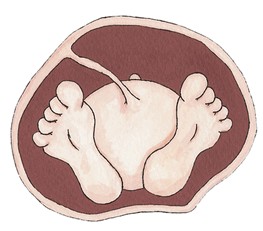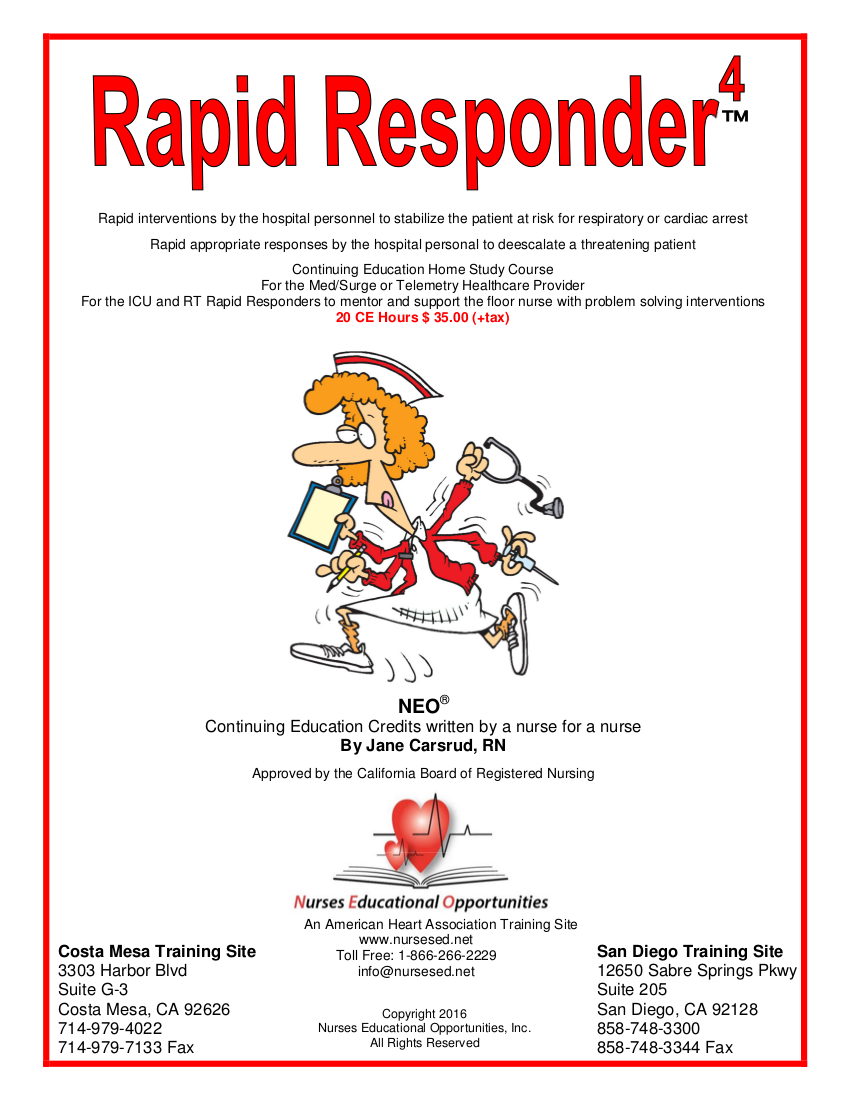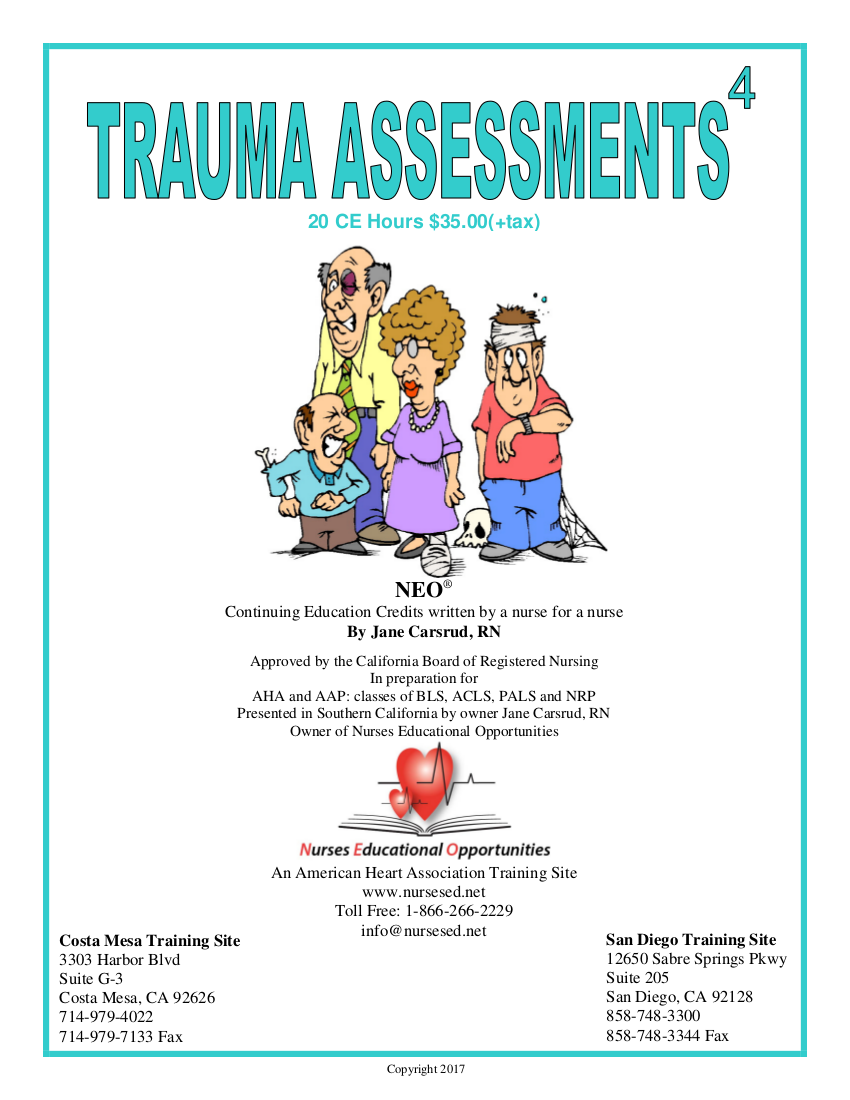
What’s the BIG Deal with Breastfeeding?! A lot actually…
To assist a new mother on breastfeeding was frustrating for me because I didn’t know how to teach the mother how to get her baby to latch and suckle. It was far easier to feed the baby formula. Newborns can present with a lot of difficulties in the first 24 hours after birth. We discuss more about the challenges Baby and Mom have to overcome in Adaptation of the Newborn and Postpartum – A Time of Transition.
I have learned so much about breastfeeding and the advantages of breast milk versus formula and have become passionate about breastfeeding. I have learned the value of breast milk for the infant to have immunity from infections. I have seen premature infants that did not receive adequate breastmilk in their first weeks of life and now struggle with ear infections, lung infections and gastritis. I wish I knew then what I know now!!
I have learned the value of attachment that can progress to self-regulation. Attachment provides the child with better self-regulation, and ultimately, a greater appreciation of the feelings of others. I am curios to find out if the lack of attachment during infancy could account for the overwhelming problems we have with school bulling, gang violence, and school shootings.
If the father knew the value of attachment and self-regulation, he would assume a greater role as a protector and have a greater role in the child’s upbringing.
I have learned that allowing the infant to cluster feed (feed as many times a day as he or she would like) the mother would have greater milk supply. I have learned that an infant’s stomach at birth is only the size of a grape. The infant would like to feed more often with fewer amounts to become satiated. I have further learned infants are born to want to suck – they are not born hungry.
I have become aware of formula is big business and the more formula that is sold the more revenue for the formula company. We cannot encourage formula feeding anymore. Anything less than breastmilk is substandard. I have heard nurses that do not understand the value of breastfeeding and ask “the what if’s”
- What if there is not enough milk supply – if the breast is emptied the milk will come.
- What if the nipples are painful – if proper latch is employed there should be no nipple pain.
- What if I have to go back to work – the law states mothers should have a 6 week leave of absence.
- What if I have breast implants – if the breast implants were done properly, lactation is not a problem.
- What if I don’t have support at home – designate someone to be your support person – mother, grandmother or sister.
- What if I have trouble breastfeeding at home – there are support systems in the community that will assist you.
- What if I have twins – you have two breasts, it’s called tandem breastfeeding
- What if I am embarrassed to breastfeed – be proud you are giving your child the best chance of growing up with fewer diseases, better self-regulation, and a higher IQ.
I regret that I did not breastfeed my children and feel bad they had to suffer ear aches, sore throats, coughs and colds. I wonder if they would haveas milder manner from self-regulation. I wonder if all children that grew up on formula would be better off if they had been breastfed.
[jbox title=”Birth&Beyond Breastfeeding” color=”red”]To learn how to teach Mom’s about breastfeeding, latching, and holding their infant, we offer a 2-day Course Birth&Beyond Lactation. You’ll get that spark for Breastfeeding when you witness the breast crawl! I promise you will learn, be inspired, and amazed at what a Newborn can do! And you can become a BabyFriendly(tm) Nurse! [/jbox]
Let me know if you have any questions! Leave a comment below, or use our Contact Form.
Go Forth! Save Lives!
Jane





One Comment
DR. Jenifa
Breastfeeding has long-term benefits for your baby, lasting right into adulthood.
Breastfeed your baby and you reduce his risk of developing chronic conditions, such as type I diabetes, celiac disease and Crohn’s disease.